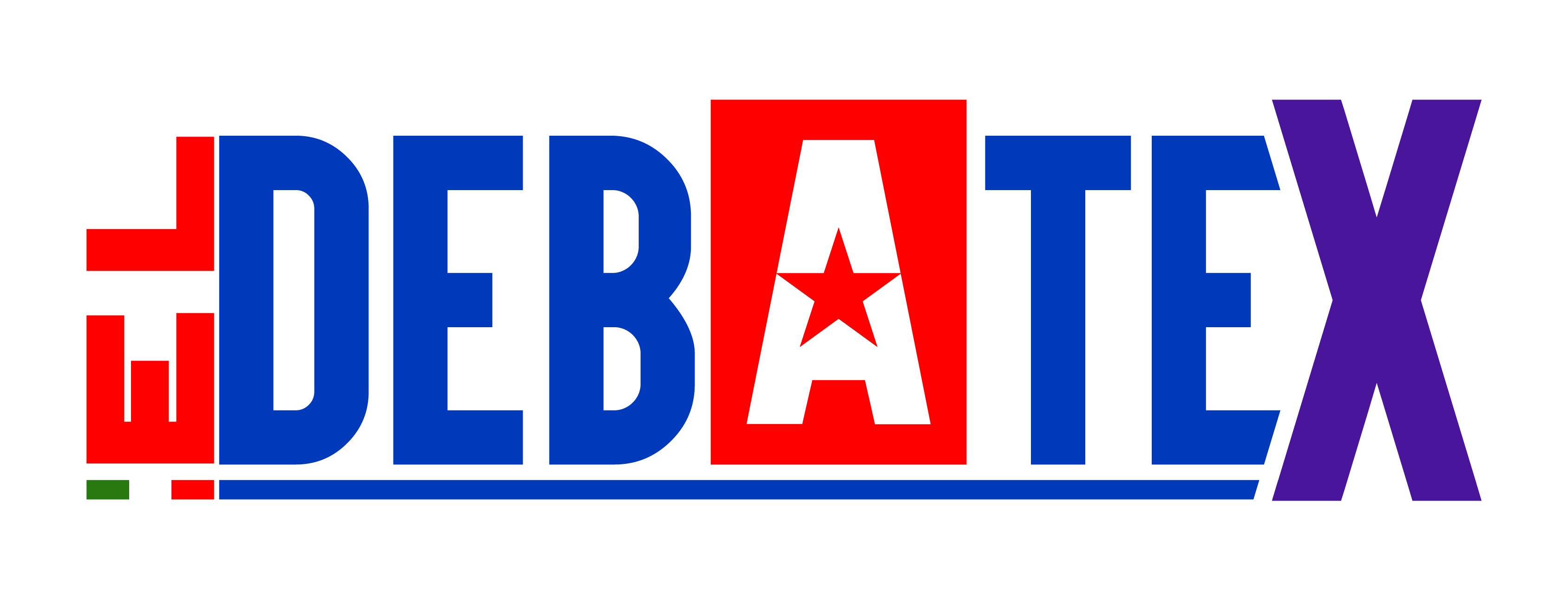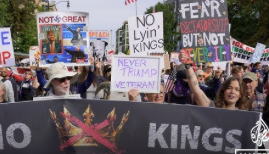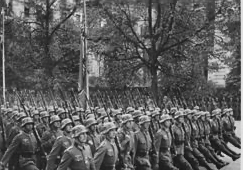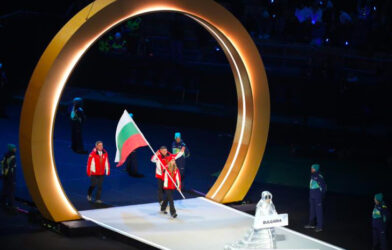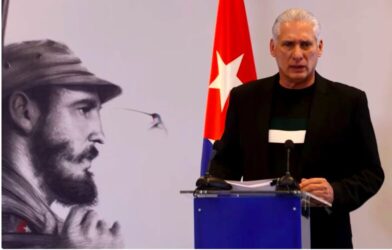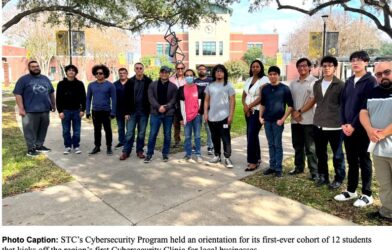IN SYNTHESIS

by Alfredo Cuéllar
“The streets of the United States once again filled with citizens.
From New York to San Francisco, from Dallas to Chicago,
millions marched under a slogan that captures
the democratic irony of our time:
‘No Kings’ — We want no kings.”
IT HAPPENED ON SATURDAY, OCTOBER 18, 2025.
The scene, both festive and grave, recalled the great civic marches of earlier times. There were teachers and doctors, grandmothers and students, veterans and dismissed government workers. In every city, the same chant echoed: No more Trump. Yet what was truly expressed was something deeper — a collective resistance against the concentration of power and the erosion of institutional limits. Undoubtedly, it was a historic event whose significance some will try to diminish.
FROM PROTEST TO MICROPOLITICS
From the perspective of Micropolitics, the No Kings demonstrations represent a citizen response to the symbolic and real abuse of presidential power.
It was not merely a rejection of one individual, but a social reaction to the transformation of a leader into a monarch, a ruler into a messianic figure.
The cry No Kings functions as a counter-narrative: while power tries to turn fear into obedience, the crowd transforms indignation into participation, quietly saying, “We are not afraid to be free.”
Here emerges what I call the micropolitical circulation of power — when subordinate subjects — the teacher, the student, the mother — reclaim the political discourse and return it transformed into a symbol.
Power, in its most dangerous form, needs no crown — only blind loyalty. And that is precisely what the demonstrators perceive: fanatics bound by blind faith.
Thus, their rejection is not only political but cultural and ethical — a defense of citizenship against the machinery of personalist power.
THE NEW MULTITUDES
The day of October 18 — called No Kings Day — unfolded across more than 2,600 U.S. cities and echoed in embassies and public squares in Paris, Berlin, Prague, San Miguel de Allende, and other cities around the world.
Its diversity was its strength: entire families marching in the rain, young people in costume, veterans carrying flags, artists and teachers shoulder to shoulder. In Manhattan, more than 100,000 people filled Times Square, surrounded by signs reading “I Pledge Allegiance to No King” and improvised drums.
The mood was joyful, yet the message unmistakable: democracy admits no heirs, no gods, and no thrones.
Meanwhile, the White House, true to form, responded with sarcasm: “Who cares?” said a spokesperson.
That contempt, however, only strengthened the protesters’ sense of belonging.
POWER AND ITS MIRRORS
In micropolitical terms, what is happening today in the United States is not only an institutional crisis but a crisis in the symbolic balance of power.
Trump governs as though the State were an extension of his own will — a style reminiscent of the famous line “I am the State” attributed to Louis XIV, the Sun King.
Like that monarch of another era, Trump now degrades the mechanisms of deliberation, transparency, and institutional respect.
Yet Micropolitics teaches us that every act of power generates its counterforce — its mirror in civil society.
The No Kings protesters are precisely that mirror: citizens reclaiming their symbolic power and reminding the State that power is never owned; it is exercised — and legitimized — day by day.
CONCLUSION: THE MONARCHY OF THE 21st CENTURY
In scale, simultaneity, and coordination, the No Kings marches of October 18, 2025, have marked a historic milestone in U.S. civic mobilization.
According to reports from Reuters and The Verge, more than 7 million people joined some 2,600 simultaneous demonstrations across all 50 states, organized by national coalitions such as Indivisible, MoveOn, and the ACLU.
Never before — not even during the massive anti-Vietnam War protests nor the 2017 Women’s March — had so many coordinated gatherings occurred on a single day. While the Vietnam demonstrations concentrated in major cities and university campuses, and the Women’s March reached around 650 sites, the No Kings movement quadrupled that geographic spread, displaying an unprecedented organizational and symbolic capacity — an entire nation taking to the streets, decentralized and peaceful, to remind power that in a republic there are no thrones and no crowns.
What makes this historical moment unsettling is that authoritarianism no longer wears a uniform; it wears digital populism.
The new “king” wields not a scepter but algorithms.
He governs through emotion, not through law.
That is why Micropolitics is indispensable: it reveals the invisible threads that weave everyday domination and teaches us to read power not only in institutions but also in gestures, discourse, and silence.
The No Kings marches were more than a protest — they were a symbol and a lesson for those who suffer under the current administration: a reminder that they are not alone, that millions see clearly and dissent openly.
It was, ultimately, a pedagogy of power: millions of citizens reminding the world that democracy is defended by walking together — even in the rain.
Dr. Alfredo Cuéllar: Specialist in Micropolitics: The Exercise of Power. Professor Retired and International Consultant. Comments and inquiries: alfredocuellar@me.com




